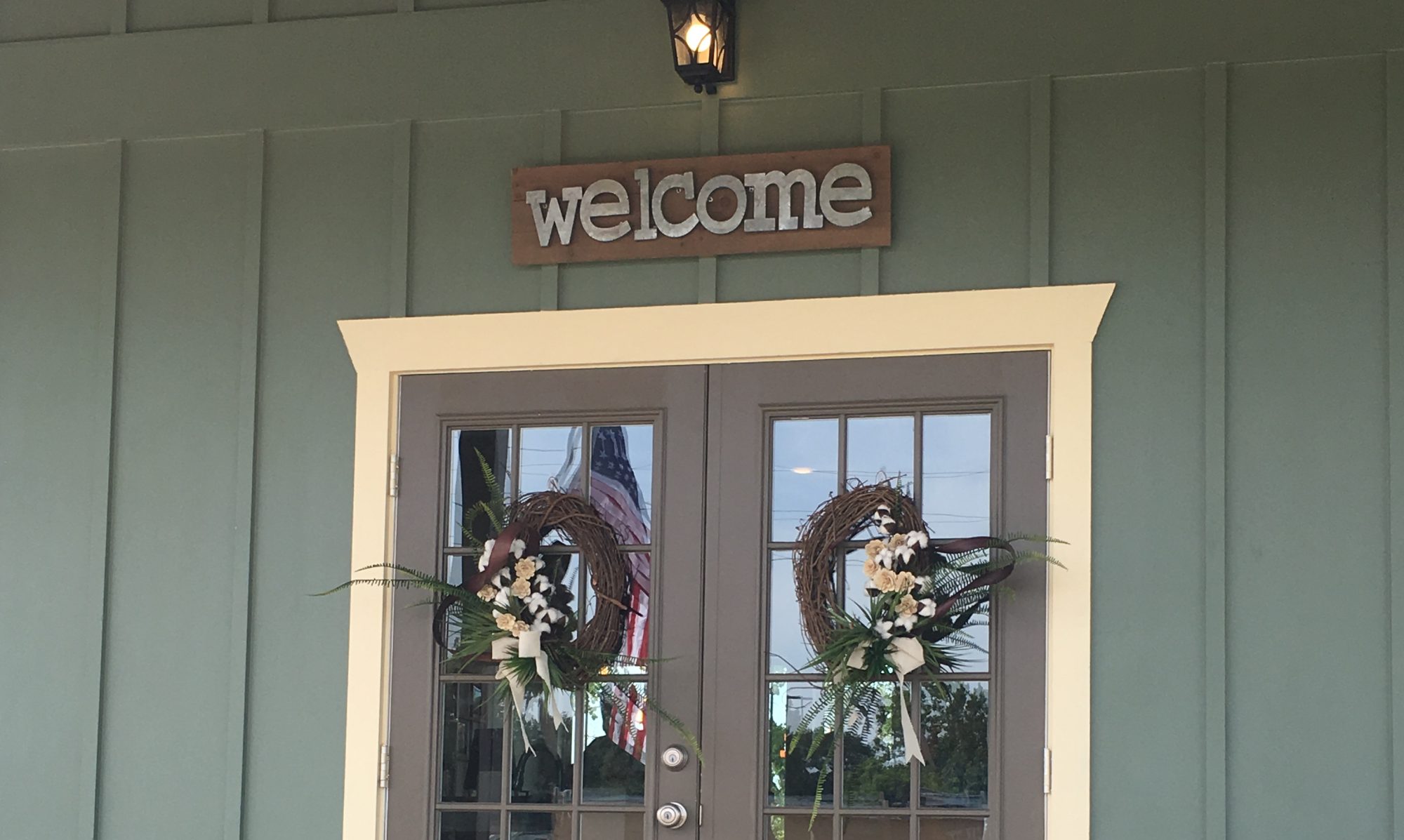For just a moment, I want you to put yourself in the shoes of a refugee:
Picture the home you live in today. Now imagine that you are not allowed to return there this evening.
Picture your best friend or sibling. Imagine that you will never see them again after you finish reading this blog post.
Think about your current job. Imagine that next month you will be selling fish and mopping floors, with people belittling you because you don’t speak the language and your customs are strange.
I’m not trying to be melodramatic; I’m speaking of the reality of refugees. When you become a refugee, your existence, your values, and your vocation change. And so when we pray like a refugee we are praying with a keen sense of our new identity.
When we pray in the spirit of a refugee we are reminded of two biblical identities that we as Christians have. The first is a global identity. There are 7.3 billion people on the planet today—this is your global human family. One third of them—2.4 billion people—belong to your global Christian family. In many aspects refugees are a global people. They have spread all over the world, some moving from nation to nation before settling down. They have lost the rights and privileges that come with their national identity, and have to claim rights given to them through the international community. Through all this they have had to broaden their identity.
Christians would do well to embrace a wider identity as well, one that belongs to both the global human family and the global Christian family. Though we belong to a global God Christians are guilty of clinging to narrow identifications, whether that be nationalism, regionalism, or denominationalism. Narrow identification with a particular tribe or ideology is how we ended up with this refugee crisis in the first place, and, sadly, Christians have not been innocent of shedding blood that produced refugees. So refugees remind us to uphold a global identity.
Refugees also remind us of our sojourner identity. From Abraham to Jesus himself the sojourner metaphor is deeply embedded within our history and theology.
- “When a foreigner resides among you in your land, do not mistreat them. The foreigner residing among you must be treated as your native-born. Love them as yourself, for you were foreigners in Egypt. I am the Lord your God.”—Leviticus 19:33,34
- “You shall not oppress a sojourner. You know the heart of a sojourner, for you were sojourners in the land of Egypt” (Ex 23:9).
- “For you are strangers and sojourners with me” (Lev 25:23).
- “For I am a sojourner with you, a guest, like all my fathers” (Ps 39:12).
- “I am a sojourner on the earth” (Ps 119:19).
Early Christians knew they were strangers in the land. They were viewed as “aliens” due to their practices, and the early church was marginalized by the Jews. Nothing has changed for today’s culture. Like our forebears we are strangers and exiles who have no permanent home in this life. Christians are never supposed to be completely at home in this world—we are always supposed to be a little separate, a little alien, a little strange. Throughout Scripture the Lord reminds his people that they, too, had once been in the same needy position as the stranger. This identification with refugees makes a strong case for caring for them.

As sojourners we can make no claim to this life or this land. We pray like King David, who at the dedication of the temple prayed, “All that is in the heavens and in the earth is yours… All things come from you, and of your own have we given you. For we are strangers before you and sojourners, as all our fathers were. Our days on the earth are like a shadow, and there is no abiding” (1 Chronicles 29:11, 14, 15). Like our forebears we are strangers and exiles who have no permanent home in this life. If we are in any position to extend care and hospitality, it’s only because God first provided for us.
It is in this spirit that we pray for refugees and like refugees.

Wow, Cindy… another incredible post!
Wendy
LikeLike